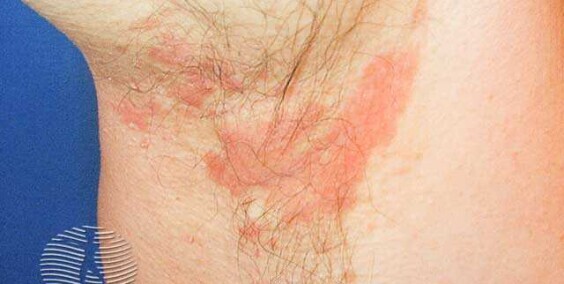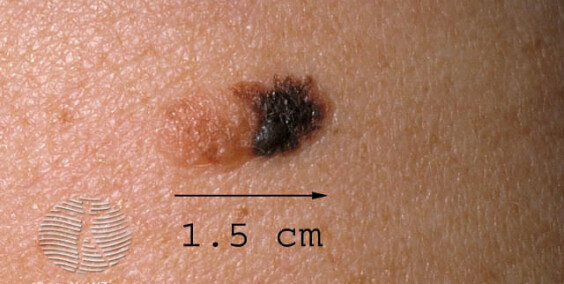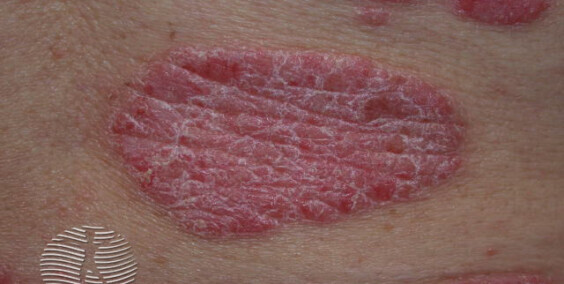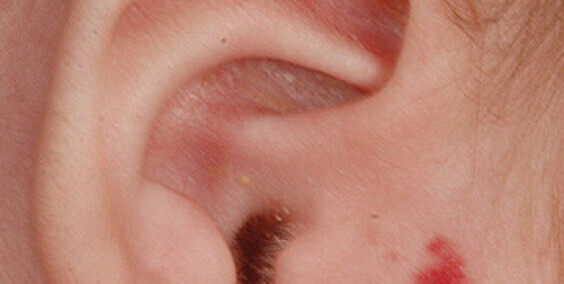Plaque psoriasis is the most common type of psoriasis, impacting millions of people worldwide. In this article, we'll dive into the details of plaque psoriasis, shedding light on its causes, symptoms, and available treatment options.
Understanding Plaque Psoriasis
Causes:
While the precise cause of plaque psoriasis isn't fully understood, it's thought to be linked to a combination of genetic and immune system factors. Researchers believe that certain genetic mutations and an overactive immune response play key roles in its development.
Symptoms:
Recognizing the symptoms is crucial for early intervention. Plaque psoriasis typically presents as raised, red patches covered with silvery scales. These patches, known as plaques, can appear anywhere on the body. It's common for these plaques to be itchy and may cause discomfort.
Types of Plaque Psoriasis
Flexural Psoriasis:
A variant of plaque psoriasis, flexural psoriasis, affects skin folds such as those around the armpits, groin, and buttocks. It can be challenging due to increased friction in these areas, leading to discomfort. Keeping these areas dry and well-moisturized can help manage symptoms.
Nail Psoriasis:
Plaque psoriasis can also impact the nails, leading to changes such as pitting, discoloration, and thickening. Nail psoriasis may cause discomfort and affect the appearance of the nails. Keeping the nails trimmed and moisturized can assist in managing this aspect of the condition.
Treatment Approaches
Topical Treatments:
Many cases of plaque psoriasis can be effectively managed with topical treatments. These include corticosteroid creams, vitamin D analogs, and coal tar preparations. These treatments help to reduce inflammation, slow down cell turnover, and alleviate symptoms.
Phototherapy:
Phototherapy, or light therapy, is another option for treating plaque psoriasis. This involves exposing the skin to ultraviolet (UV) light under controlled conditions. UVB light is particularly effective in slowing down the growth of affected skin cells.
Systemic Medications:
For more severe cases, systemic medications may be recommended. These can include oral or injected medications that work throughout the body to suppress the overactive immune response associated with psoriasis.
Coping with Plaque Psoriasis
Lifestyle Tips:
Beyond medical treatments, certain lifestyle changes can help manage plaque psoriasis. It's essential to keep the skin moisturized, avoid triggers such as stress and certain medications, and maintain a healthy lifestyle with a balanced diet and regular exercise.
Support and Resources
Living with plaque psoriasis can be challenging, but there are support networks and resources available. Connecting with organizations like the National Psoriasis Foundation can provide valuable information and a sense of community.
This science.com study reviewed quality-of-life data for patients with psoriasis from 118 publications spanning January 1966 to April 2000. Seventeen studies meeting inclusion criteria revealed that psoriasis patients experience physical discomfort, impaired emotional functioning, negative body image, and limitations in daily and social activities. More severe psoriasis correlated with lower quality of life. Age showed a minor association with physical and psychological functioning. Sex was unrelated to quality of life.
Chart data source: statista.com
Plaque psoriasis, though common, can vary in its impact on individuals. By understanding the causes, symptoms, and treatment options, those affected can make informed decisions about managing their condition. Remember, it's crucial to work closely with healthcare professionals to develop a personalized treatment plan. Stay tuned for more articles on related topics, including insights into other psoriasis variants and emerging treatments.









